Friday 27 March 2015
This Month’s Zatoichi:
Zatoichi & The Chess Expert
(Kenji Misumi, 1965)
Kenji Misumi’s third film in the Zatoichi series – known as ‘Zatoichi Jigoku Taki’ (‘Zatoichi’s Trip to Hell’) to Japanese viewers, despite nothing much more hellish than usual transpiring within – seems to me to be going a bit ‘meta’ on us, as Daisuke Itô’s screenplay reprises the central themes and relationships from the director’s two (excellent) earlier films, but twists them in unexpectedly cynical and downbeat directions.
Thinking about it, maybe this dashing of our hero’s hopes is what constitutes the ‘hell’ of the Japanese title, but then that's never a point the film really makes with a great force, so maybe I’m giving whoever decided on the film's title too much credit. As far as the anglophone title goes, there is indeed a chess expert, so no additional pondering required on that score.
Just as in Misumi’s Tale of Zatoichi, Ichi here strikes up a rapport with a jaded lone wolf samurai (Mikio Narita, later a regular in ‘70s Toei yakuza flicks), and their blossoming friendship, based on a shared passion for Japanese shogi chess, is presented as a dignified match of noble equals, framed in stark contrast to the undifferentiated mobs of squabbling, swinish goons who intermittently harass them. Meanwhile, a parallel storyline sees Ichi forming an accidental relationship with a nomadic woman of questionable character (Kaneko Iwasaki), with whom he shares a duty of care for an adorable child (in this case a little girl who becomes infected with tetanus after being injured in a scuffle), in a near exact reprise of the previous year’s Fight, Zatoichi, Fight!.
In contrast to the tragic humanism with which both of these storylines played out in their original incarnations however, things here are rather less clear-cut, leaving sentimental old Ichi to deal with the fact that, however much he might want to recapture the warmth he felt for his departed friends in the earlier films, neither of his new companions are quite as principled or benevolent as they initially appear.
In theory, the idea of these heady themes of betrayal, disappointment and nostalgia intersecting with the kind of deft human drama that Misumi proved himself such a master of in his earlier efforts should make for extremely engaging viewing…. which leaves me at a bit of loss when it comes to explaining why ‘Zatoichi & The Chess Expert’ didn’t really work for me at all on first viewing.
Chris D, writing in his monumental Gun & Sword: An Encyclopedia of Japanese Gangster Films, describes ‘..Chess Expert’ as the moment at which “..the series finally gets great again”, praising not only Misumi’s direction, but also Narita’s performance and “master” Itô’s script, neither of which impressed me overmuch, I’m sorry to say. Thus far, Chris’s capsule reviews of each Zatoichi installment have seemed pretty spot-on, largely chiming with my own impressions of the films, so this sudden disparity has caused me to stop for a bit of reflection before banging out the fairly negative review I had initially planned for ‘..Chess Expert’.
You know that uncomfortable feeling when you walk away from a movie screening feeling fairly dismissive of what you’ve just seen, but the contrasting voices of trusted sources who seem to have got a great deal out of the experience cause you to stop and think… maybe I was just coming at that one from the wrong angle..? Maybe it just went over my head a little as I sat there primed for something a bit different..? Well, needless to say, ‘Zatoichi & The Chess Expert’ ain’t exactly ‘Last Year at Marianbad’, but nonetheless, I’ve got a feeling it might fall into this category for me on this occasion.
I WAS pretty tired when I watched it, fighting the slow drift towards sleep for much of the run time, so perhaps the blunt and relatively light-hearted storytelling of the last few Zatoichi installments had me calibrated for something a little different from the fairly dour approach taken here. Perhaps.
Certainly, Misumi’s direction is characteristically assured, with action set-pieces, tense stand-offs and dramatic interplay all a definite cut above those seen elsewhere in the series, but I confess, the screenplay lost me pretty early on, and I found myself struggling to regain interest in proceedings, as the various characters continue to idly hang around the film’s onsen location to no very fixed purpose, whilst the who, how and whys of the various groups of waddling thugs and low level bosses half-heartedly pursuing them never quite coalesced into anything very clear or compelling. There seemed to be a bit of a dreary, low energy kind of feel throughout, with many of the usual visual gags and set pieces that Zatoichi films use to draw us into the action falling a bit flat, and the story ends, once again, with a resigned, “is that it?” kind of a shrug.
To give the filmmakers the benefit of the doubt, perhaps this lethargy is the result of a deliberate attempt on to series away from formulaic genre melodrama and inject a certain amount of grumpy realism into proceedings. Indeed, one interesting aspect of ‘..Chess Expert’ is the greater emphasis it places upon the problems Ichi faces on account of his blindness. Of recent, our hero has proved so adept at negotiating the world around him that his disability almost seems to give him an advantage over his sighted antagonists, but here Ichi experiences a number of awkward and frustrating moments, whether bumping his head on pillars or scrabbling around on the floor for important objects, and even a few of his patented gambling tricks end up back-firing on him.
Perhaps Misumi and Itô were simply getting a bit sick of the quasi-superhuman feats that have increasingly become part of Ichi’s character, and were just trying to bring him back down to earth a bit. Whilst in retrospect I can appreciate this approach as a refreshing change and corrective, for this tired viewer who quite enjoyed the aforementioned superhuman feats, it’s nonetheless a bit of a bummer to see our hero moping around in a relatively powerless position. And, crucially, rather than replacing Ichi’s usual antics with something more interesting (as ‘Fight, Zatoichi Fight!’ managed so marvelously), the filmmakers instead seem content to follow the familiar patterns of the series, but just do everything kinda… half-heartedly?
For the moment then, I’ll reserve judgment on this one. There ARE some excellent moments here that even my sleep-deprived brain could appreciate – Ichi’s nocturnal confrontation with a gang of swordsmen amid the reeds of a muddy river would be a shoe-in for any showreel of the series’ best fight scenes, and the way the tension between Katsu and Narita is handled in the second half of the film, with each master swordsman awaiting the first sign that the other might be about to ‘draw’ whilst continuing to assume the mask of friendship, is really terrific.
But by and large… I dunno. The movie just never quite came together into anything that really grabbed me, and, just as in the previous installment, talent both behind and in front of the camera seemed wasted, with no one really sure where they were heading with this whole thing.
Perhaps then, '..Chess Expert' really is just a muddled and mediocre addition to a series whose QC standards are looking increasingly shaky by this point. Or perhaps, with Chris D’s words still echoing in my mind, I’ve got to consider the possibility that whilst I was struggling to keep my eyes open wondering who the hell these guys Ichi was fighting were again and what plot point all those meaningful close-ups of a fish-hook were meant to signify, there was actually a great wealth of dramatic nuance and subtle detail bubbling just below the surface, waiting to impress the more perceptive viewer.
Sadly, repeat viewings of any film are a bit of luxury for me at the moment, so oh well – c’est la vie. Instead, we’ll be hoping for the best as we plough straight ahead into ‘Zatoichi’s Vengeance’ (not to be confused with Zatoichi’s Revenge), which hit screens in Japan in May 1966. See you then!
Labels:
1960s,
Daiei,
film,
Japan,
Kenji Misumi,
Mikio Narita,
movie reviews,
samurai,
Shintaro Katsu,
yakuza,
Zatoichi
Subscribe to:
Post Comments (Atom)









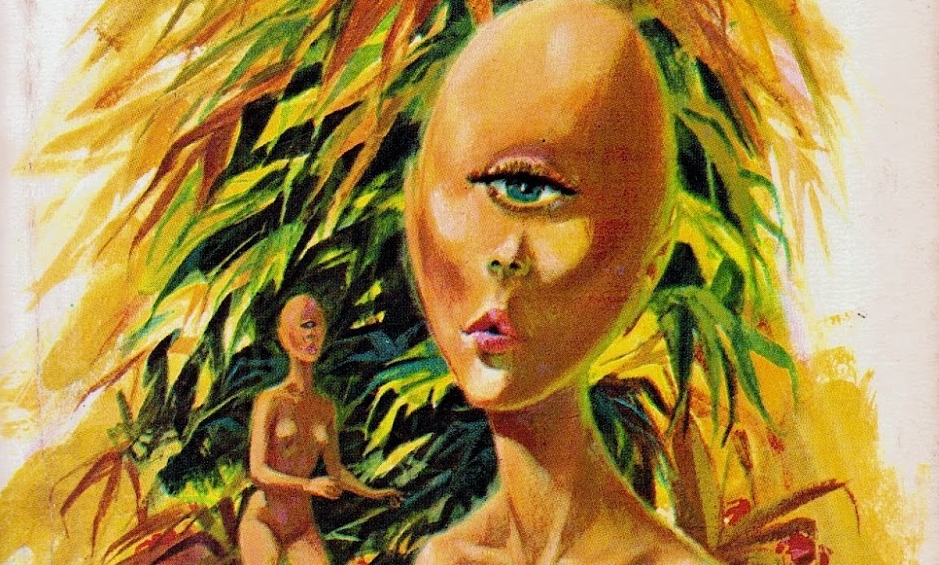
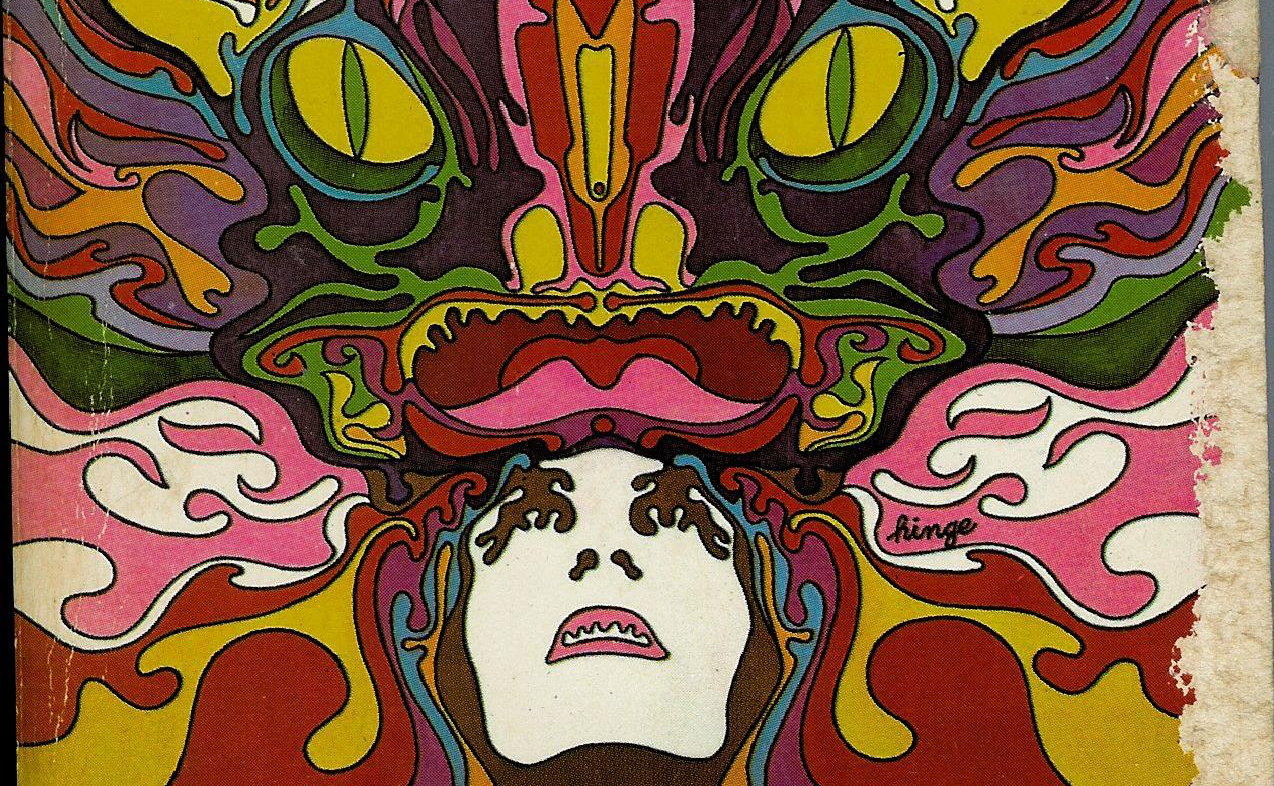

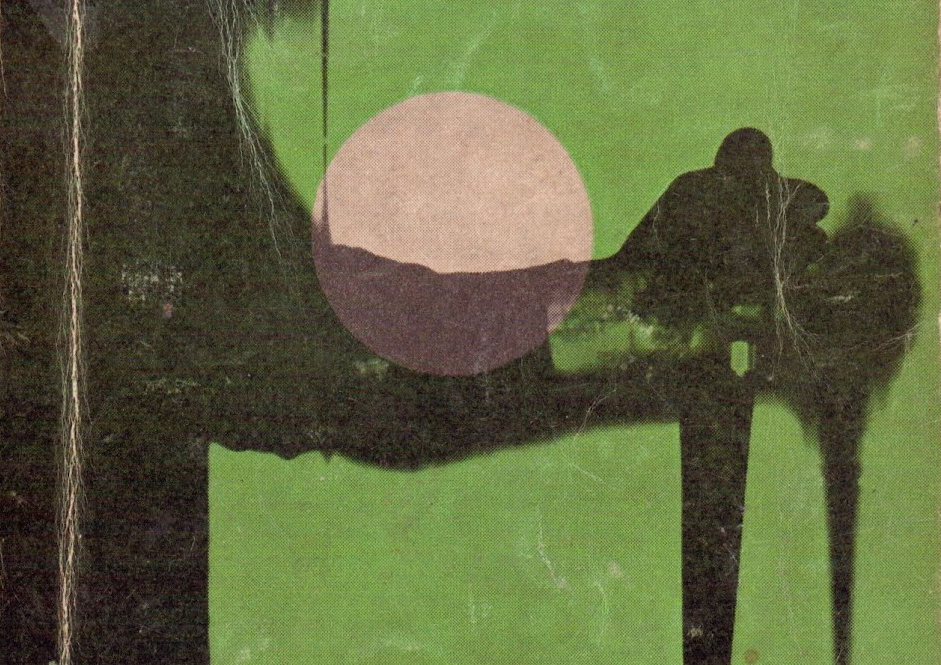
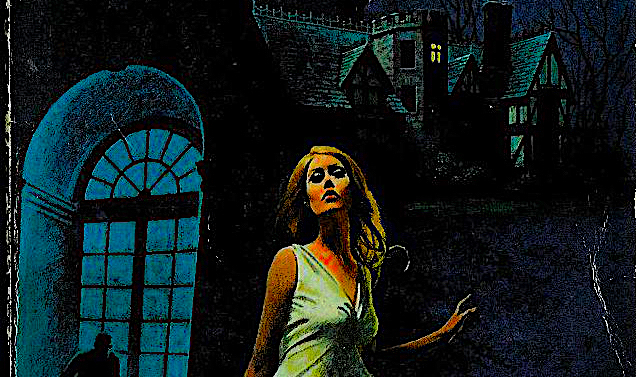
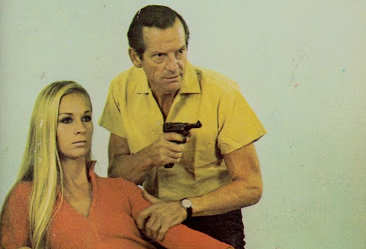
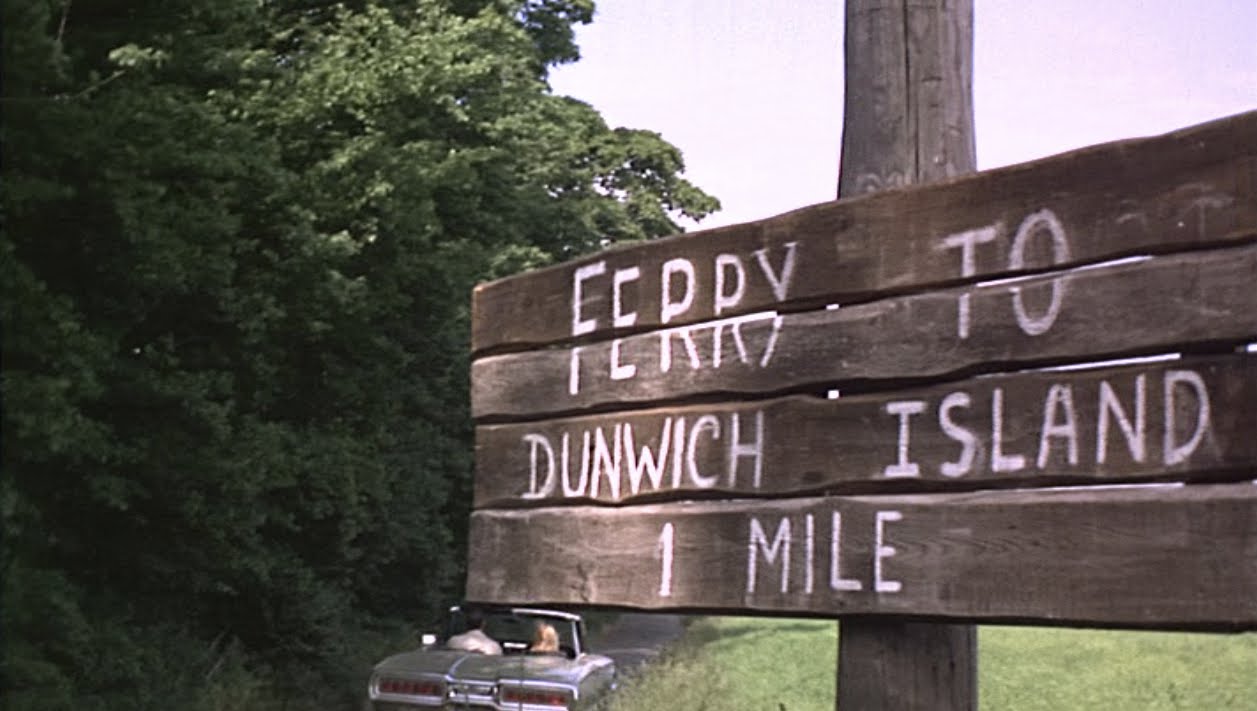
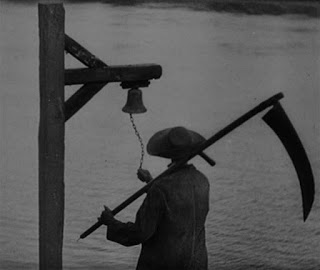
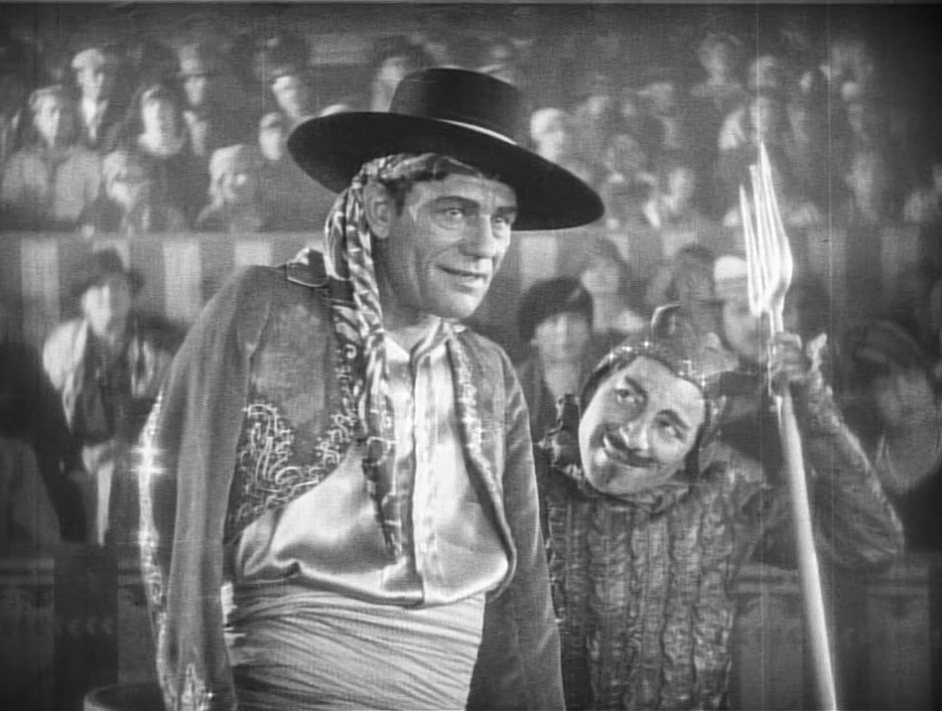
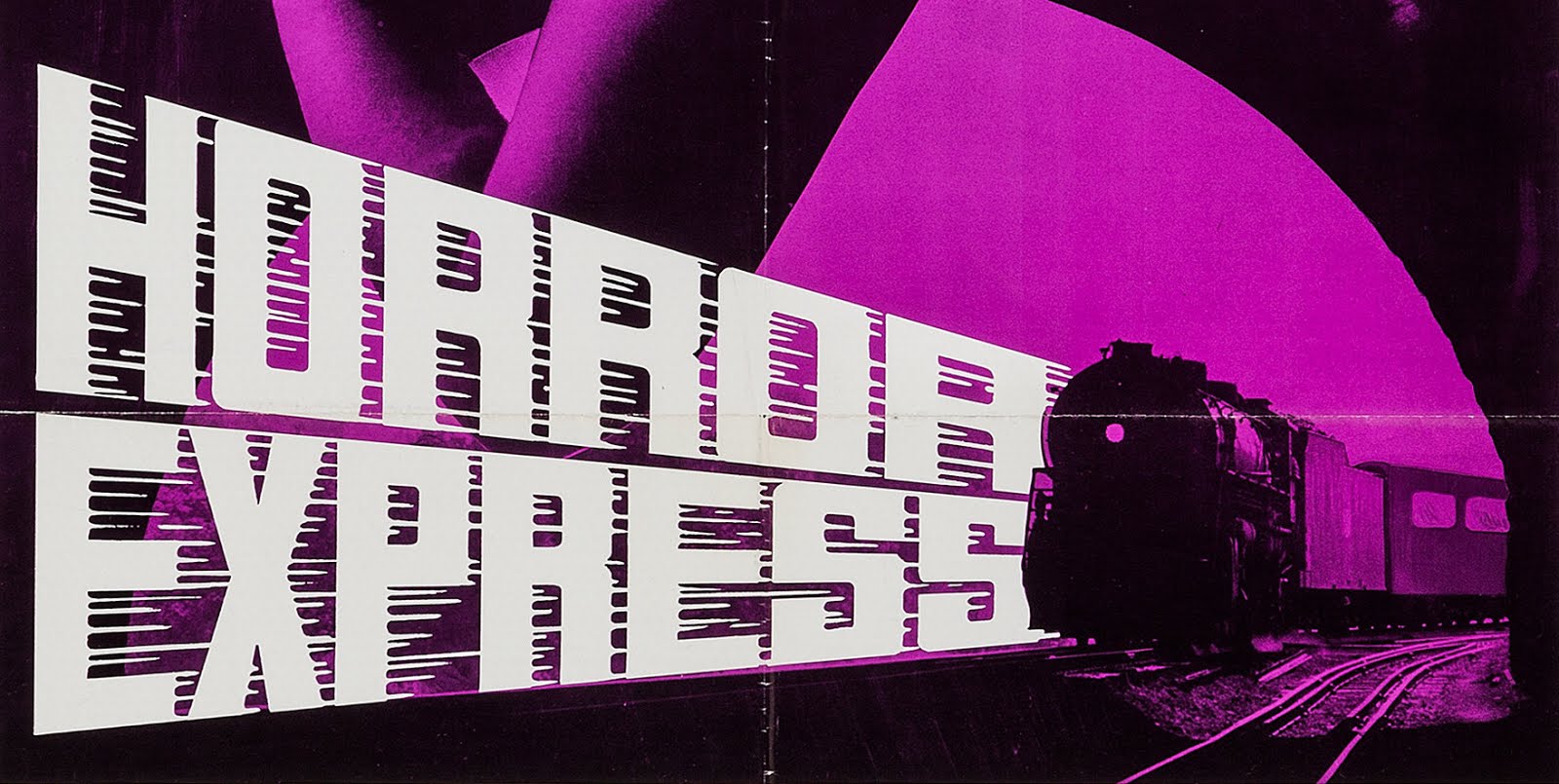
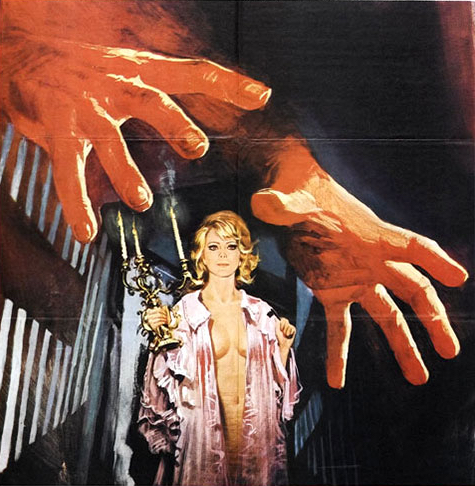

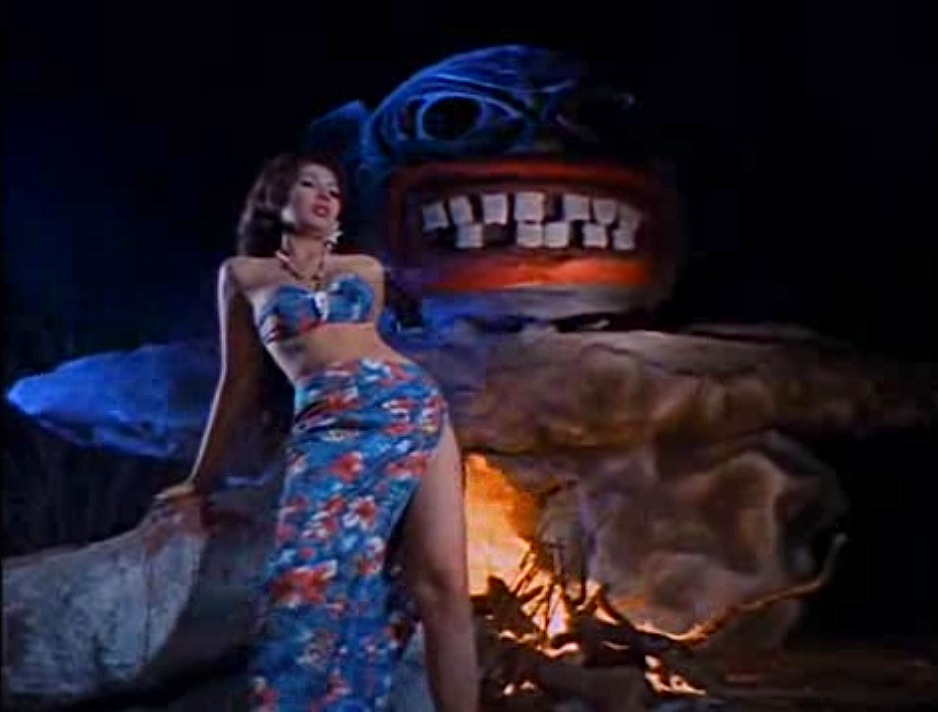




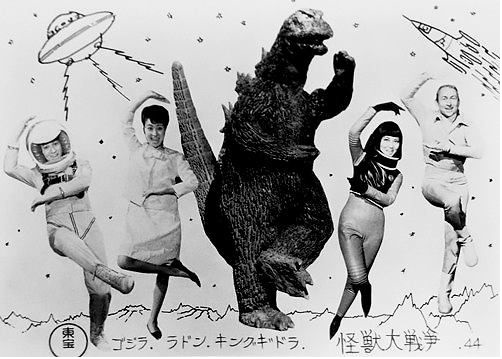



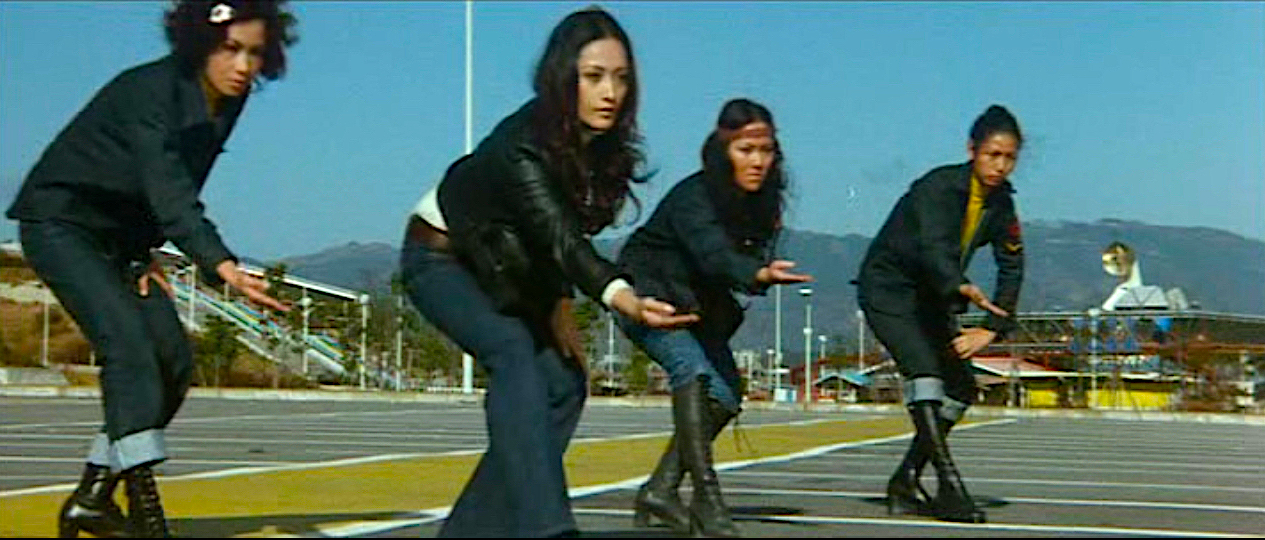


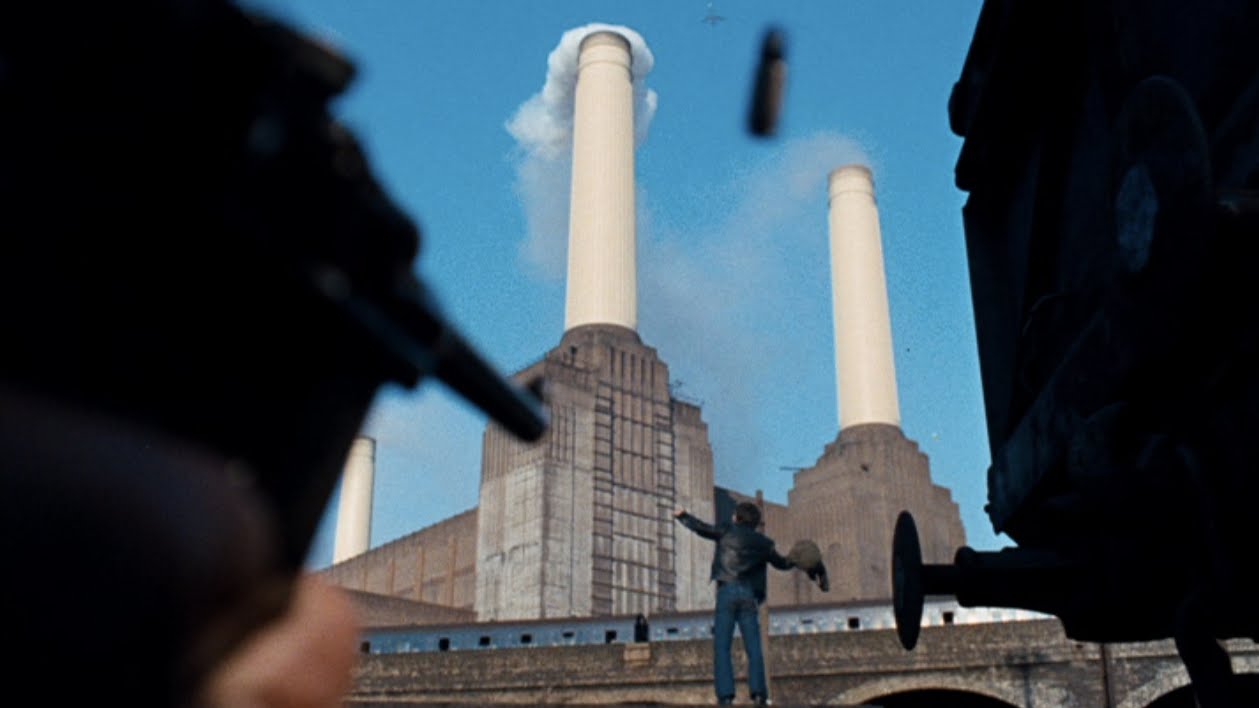
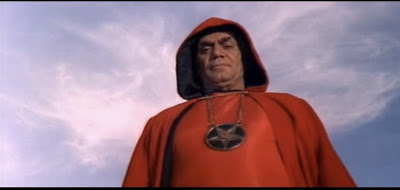








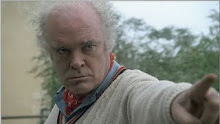
No comments:
Post a Comment